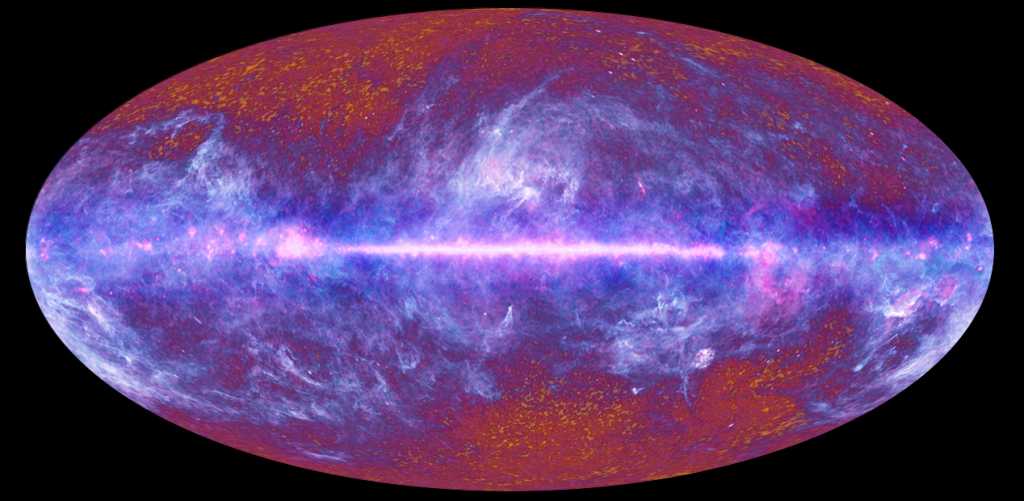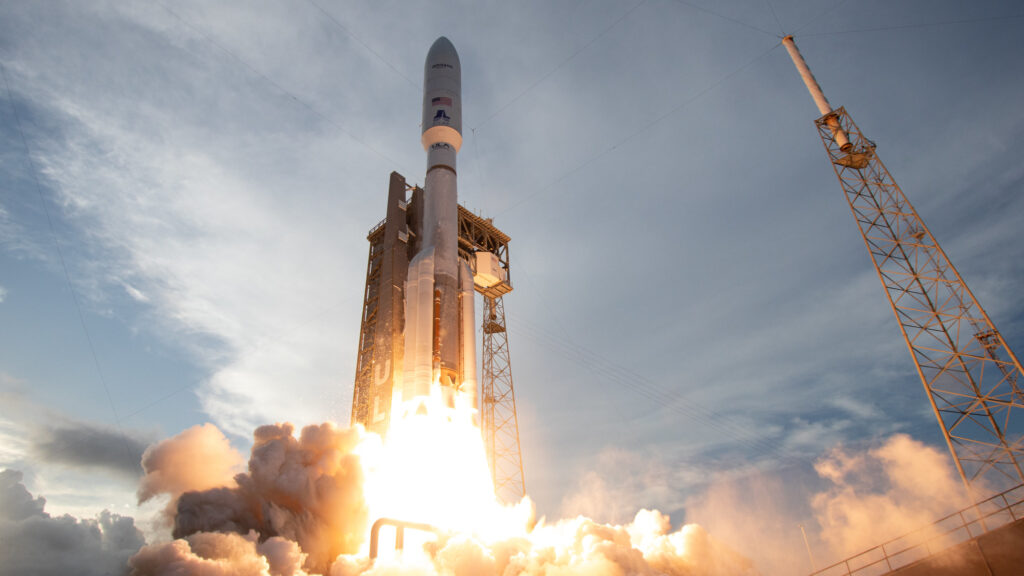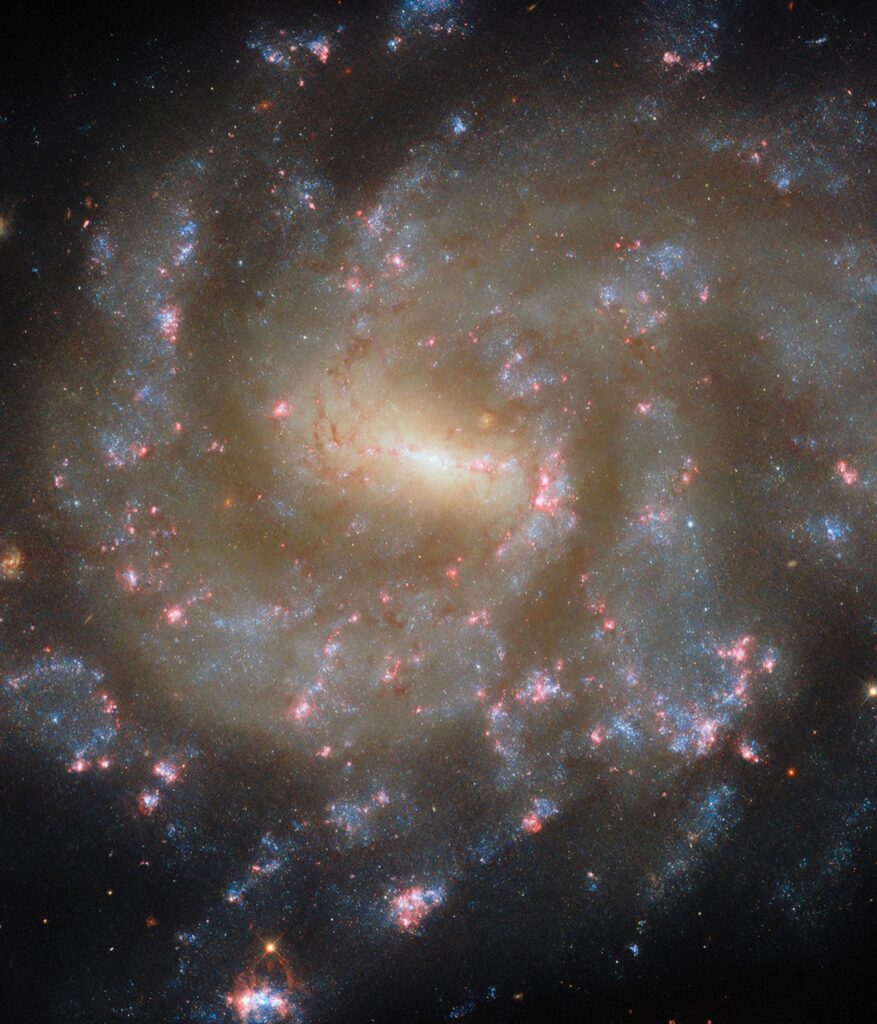It has now been a full year since Blue Origin’s New Shepard suborbital vehicle last left the ground.
New Shepard last launched on Sept. 12, 2022, on an uncrewed research mission from Blue Origin‘s site in West Texas. About 65 seconds after liftoff, the vehicle’s reusable first-stage booster suffered a problem and crashed hard onto the desert floor. New Shepard’s capsule engaged its emergency escape system and landed safely under parachutes, its 36 research payloads intact.
In March, Blue Origin announced the results of its anomaly investigation: The nozzle on the first stage’s single BE-3PM engine suffered a “thermo-structural failure,” which caused a thrust misalignment and brought the mission to a premature end.
Related: Failure of Blue Origin’s New Shepard a reminder that spaceflight is still hard

In its March 24 announcement, Blue Origin said that it had begun implementing some corrective actions, “including design changes to the combustion chamber and operating parameters, which have reduced engine nozzle bulk and hot-streak temperatures.” The company also stressed that it expected to return to flight “soon,” with a re-launch of those same 36 research payloads.
But it’s been 5.5 months since that update, and New Shepard still has not taken off. Blue Origin hasn’t provided much more information about New Shepard’s status or publicized a return-to-flight timeline.
RELATED STORIES:
The ill-fated September 2022 flight was called NS-23, because it was the 23rd New Shepard mission overall. Six of those have carried people to and from suborbital space; the most recent crewed flight launched in August 2022.
In the time that New Shepard has been grounded, Virgin Galactic, Blue Origin’s chief competitor in the suborbital space tourism business, has launched four passenger missions with its VSS Unity space plane.
Counting test flights, Virgin Galactic now has eight crewed space missions under its belt — two more than Blue Origin.
Both companies offer customers a few minutes of weightlessness and a view of Earth against the blackness of space. But VSS Unity stays aloft for considerably longer than New Shepard — 60 to 90 minutes, on average, compared to 10 to 12 minutes.


